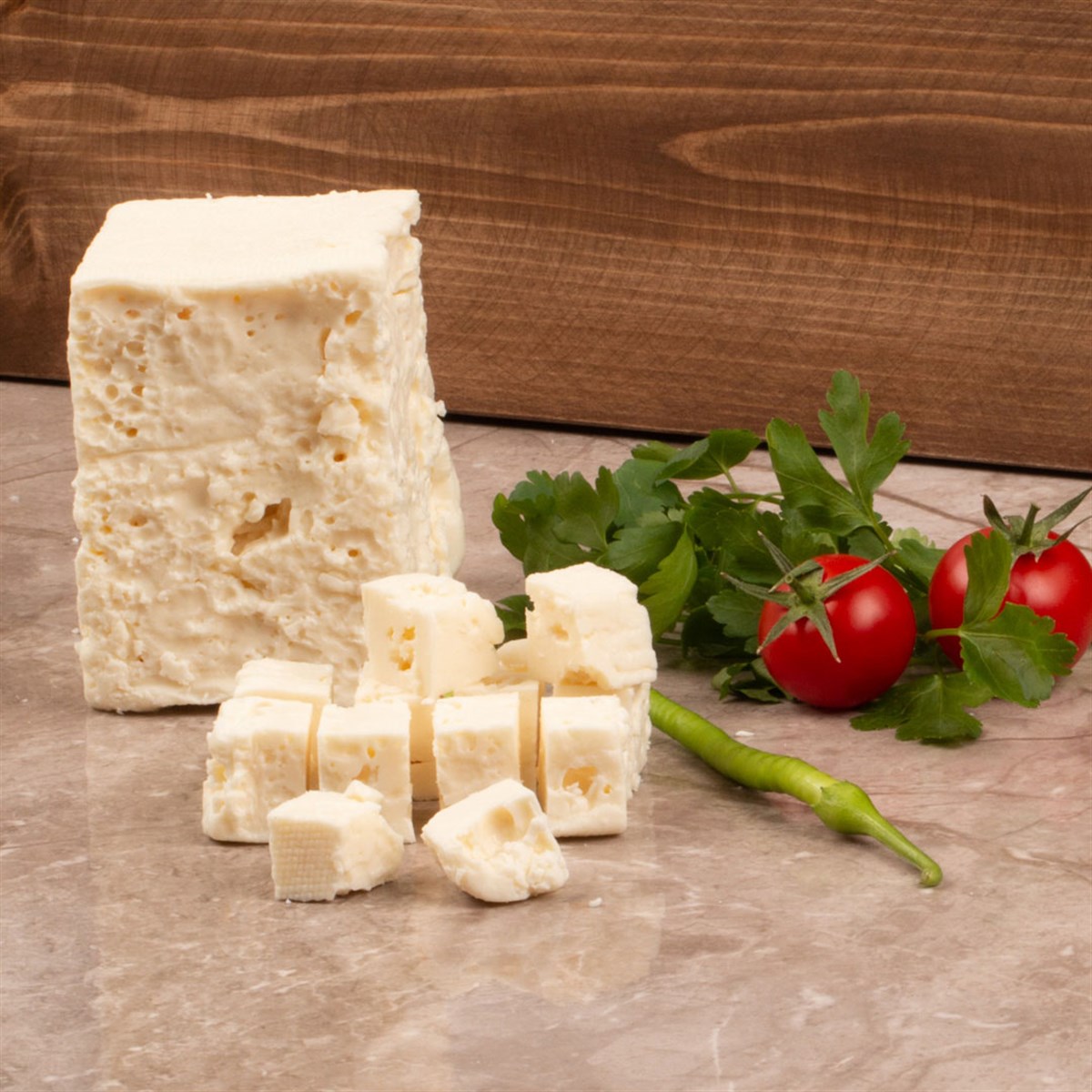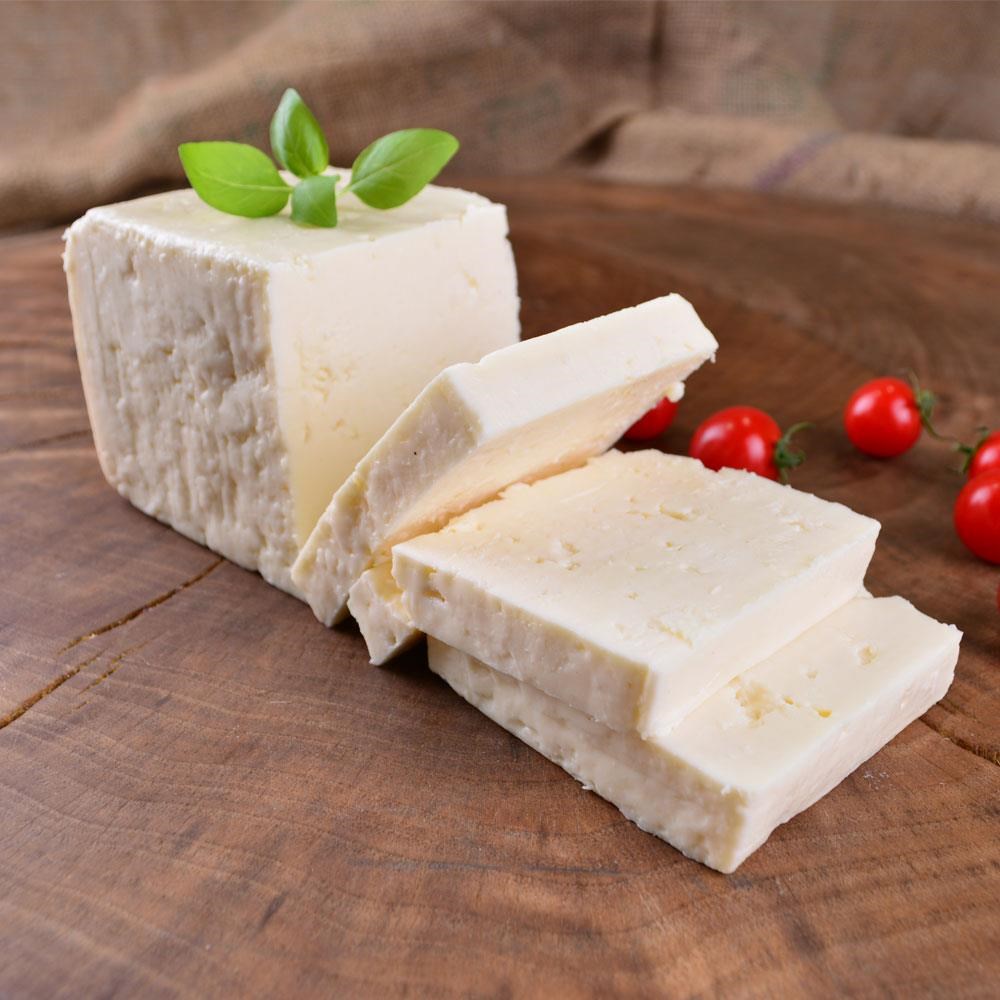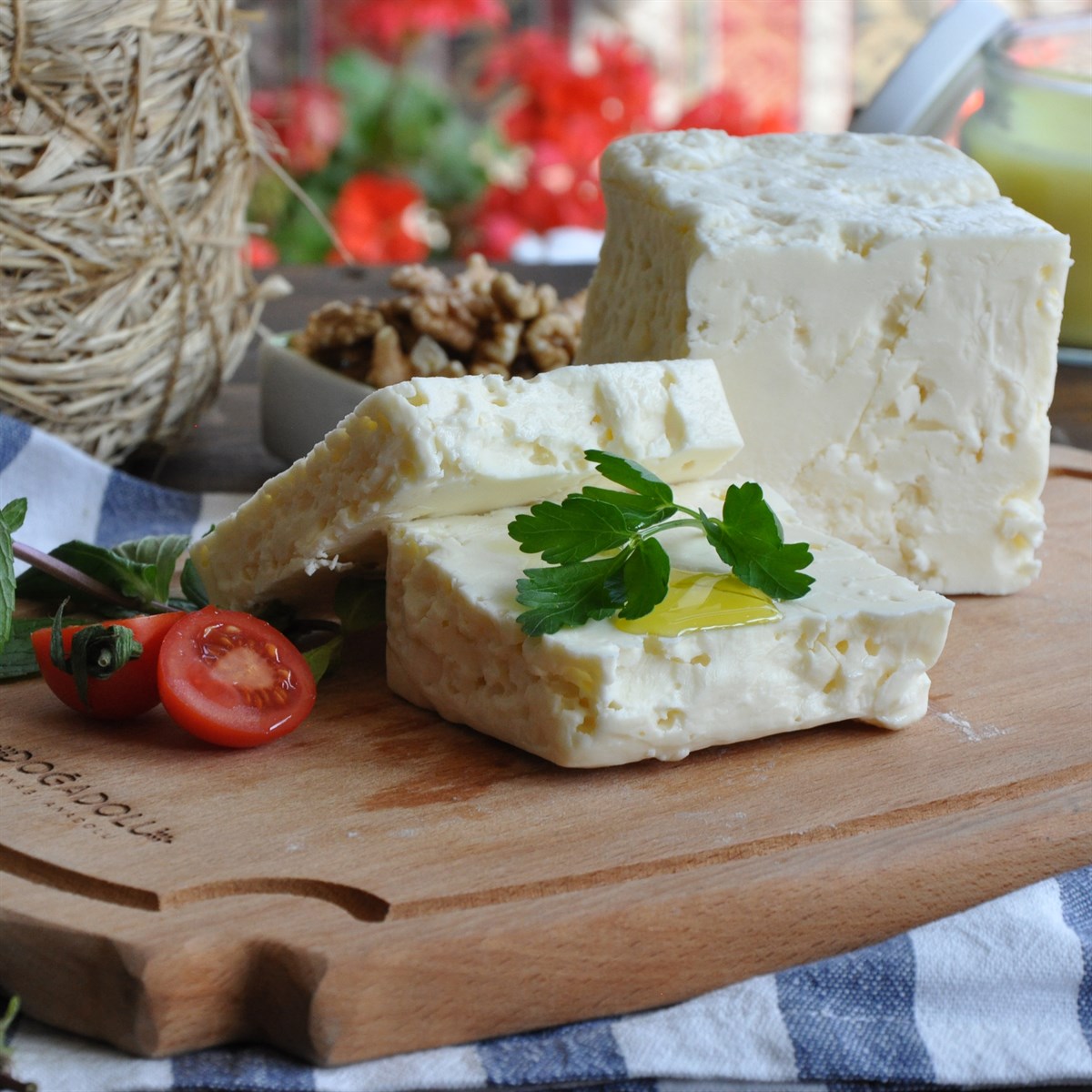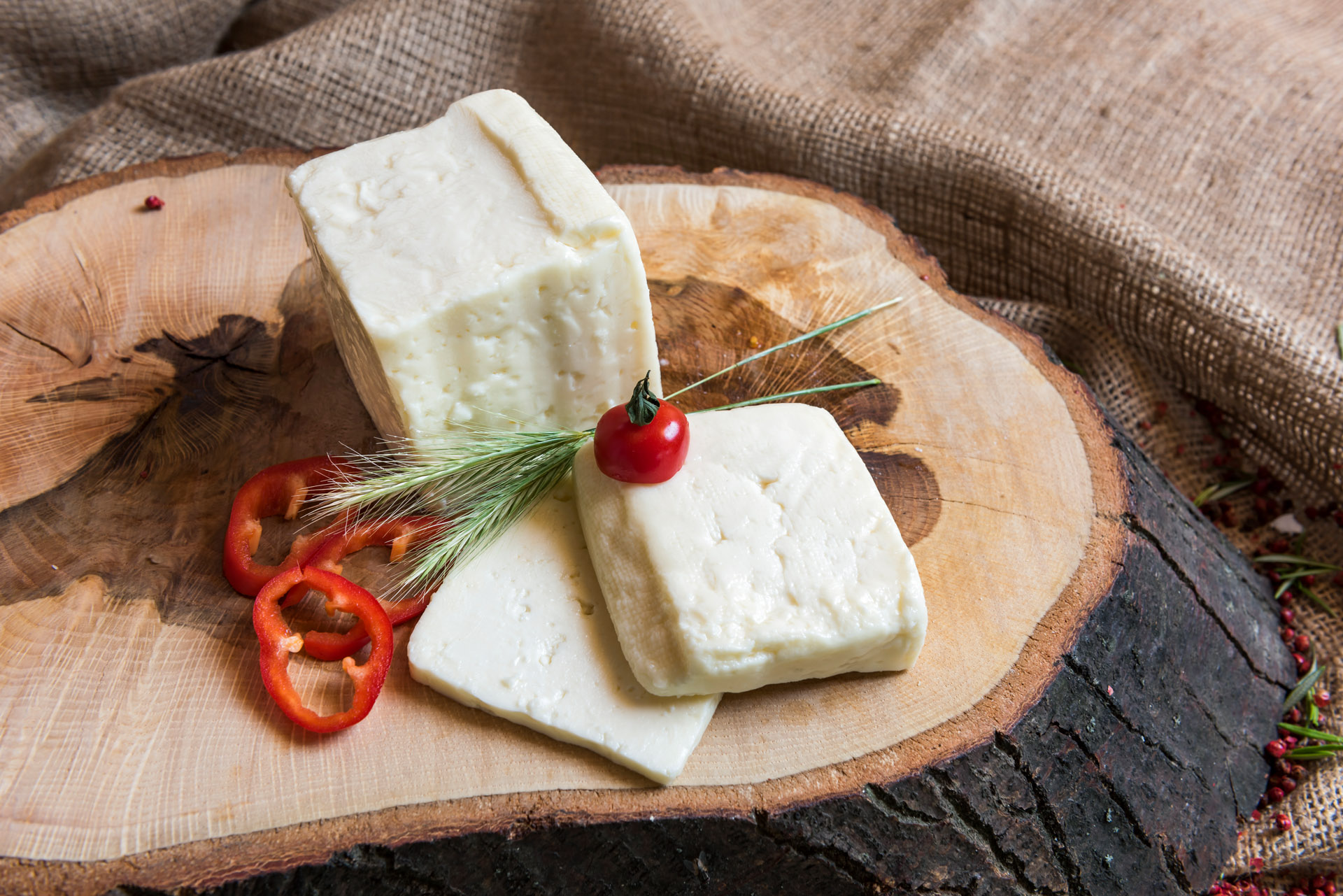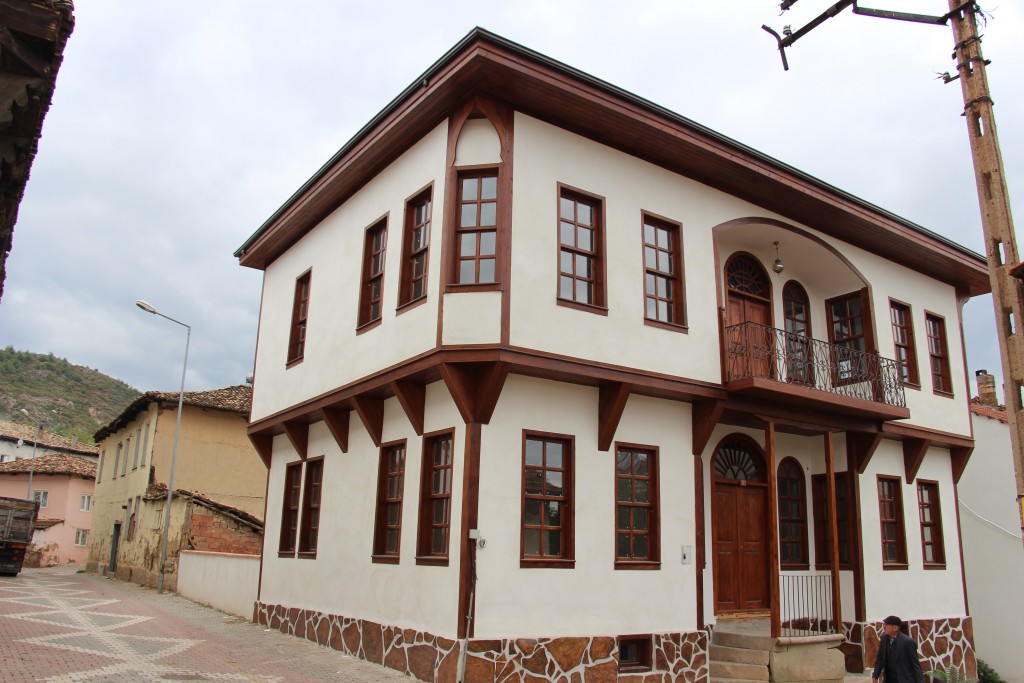Ezine Cheese
Ezine cheese is produced in the region covering all of Çanakkale Province Ezine, Bayramiç and Ayvacık districts located in the northern and western parts of the Kaz Mountains and some villages of Çan and Merkez districts. Ezine cheese is obtained by mixing the milk obtained from goats, sheep and cows fed by the natural vegetation and water resources of this geography in certain proportions according to the season. This ratio is minimum 40% for goat milk, 45-55% for sheep milk and maximum 15% for cow milk. The fact that starter culture is not used and the milk is supplied from this specific region gives Ezine cheese a distinctive feature from other white cheeses and appreciated by consumers. When the production method of Ezine cheese is examined, the mixture consisting of goat, sheep and cow milk in the specified ratio is pasteurized at 67 0C for 30 minutes. Then, it is fermented at 32-34 0C with the cirden enzyme obtained from the stomachs of the calves in order to ensure the formation of clots. The curd mass formed is cut to separate the whey and put into special cheese molds with a press cloth lined inside, and pressure is applied to speed up the straining process. After the formed curd is cut into molds, it is kept in brine prepared by using the amount of sea salt required by the production method in order to gain the desired taste and aroma. The cheese molds taken out of the brine are arranged in a single row in the tins, sprinkled with dry salt and left to rest for 10-12 hours. As a result of this process, the separated water is removed from the environment and brine is added on it and the cans are closed and soldered in an airtight manner. In order for the cheese to gain the desired characteristic taste and aroma , cheese tins are left to mature for at least 8 months in cold storage at 2-40C. In appearance and structure, Ezine cheese is white to light yellow in color and has a soft or medium hardness and a non-brittle structure. There are few and small diameter pores. When the taste and aroma are taken into consideration, Ezine cheese has a "creamy" taste and aroma arising from the milk fat in the composition of milk; It has the taste and aroma of "cooked milk", which is also caused by the heat treatment applied. In addition, as a result of various reactions in milk fat, the characteristic and basic taste characteristics of the product, 'ransite', 'sweetish', 'salty' and 'sour' flavors are formed. In a study on this subject, 'free fatty acids', 'cooked', 'creamy', 'whey', 'goaty', 'salty' and 'sour' were identified as the most important flavor descriptors for Ezine cheese. In the same study, structurally, Ezine cheese was found to have soft and semi-hard cheese properties.





